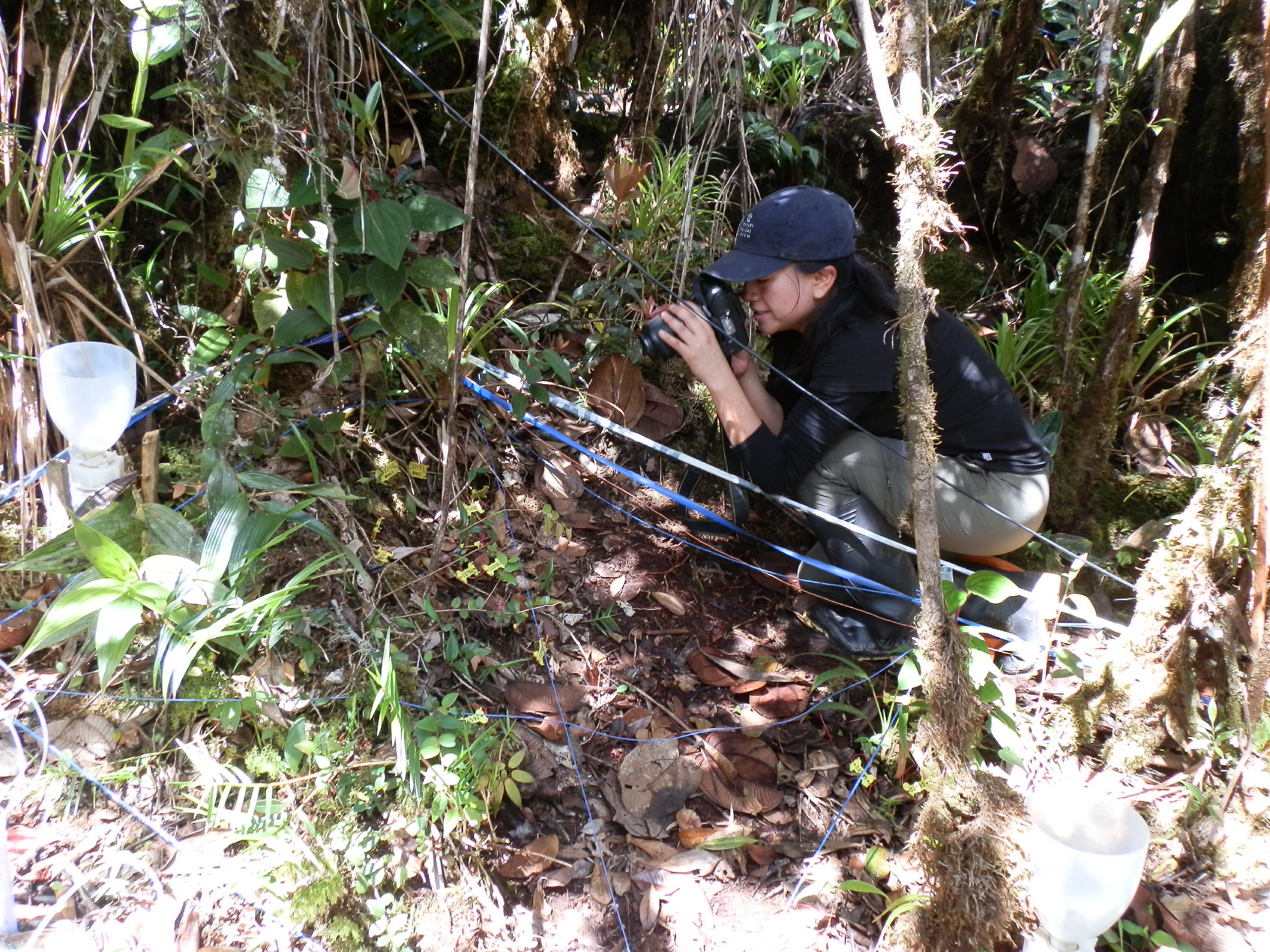Besides Deforestation, Excess Nutrients Pose a Threat to Tropical Forests
Deforestation driven by agriculture, mining, and logging remains the biggest threat to tropical forests. However, less visible threats are also looming. An international study highlights that nutrient enrichment caused by human activities poses a major challenge to the delicate dynamics of tropical forests. A researcher from the HUN-REN Centre for Ecological Research, who contributed to the study, notes that this issue does not threaten forests in Hungary.
Tropical forests are essential for sustaining life on Earth, providing clean air, water, and unparalleled biodiversity. In a recent study, an international team of researchers from the University of Kaiserslautern-Landau (RPTU), the University of Applied Sciences and Arts Göttingen, and the HUN-REN Centre for Ecological Research in Hungary investigated how nutrient deposition affects the growth and biomass accumulation of tropical tree seedlings. Their findings, published in Current Forestry Reports, show that this phenomenon could disrupt forest composition and resilience, particularly in combination with global climate change.

The researchers conducted a meta-analysis, synthesising data from 59 studies carried out in tropical regions worldwide to examine general patterns in the effects of nutrients. The analysis revealed that nutrient addition significantly boosted tree seedling growth, with shoot biomass increasing by an average of 26% and growth rates by 14%. The combination of nitrogen, phosphorus, and potassium had the most pronounced effects, driving growth rate increases of up to 27%. These impacts were especially significant in seasonally dry habitats, where growth rates surged by 38% and shoot biomass increased by a remarkable 70%.
Human activities are dramatically altering natural nutrient cycles. While volcanic activity and wildfires have historically contributed to nutrient deposition, agriculture and fossil fuel combustion have amplified and extended this process to even the most remote tropical regions. These nutrient inputs can give certain tree species a competitive edge, resulting in homogenised forests with fewer species – a trend researchers warn threatens biodiversity and ecosystem stability.
"Although the research focused on tropical forests, this problem is not confined to distant ecosystems. In the long term, similar shifts may also occur in less diverse European and Hungarian forests," says Péter Batáry, scientific advisor at HUN-REN CER and one of the lead authors of the study. He notes that the effects are likely to be less pronounced in temperate forests, which typically have more nutrient-rich soils and where some species have already adapted to the environmental changes brought about by human activities. "However, additional nutrient loading could favour fast-growing species, such as the non-native black locust, which often behaves as an invasive species in many areas," the researcher points out.
Daisy Cárate Tandalla, a researcher at the University of Kaiserslautern-Landau, points out that nitrogen, phosphorus, and potassium are essential nutrients for plant growth. However, many tropical soils are chronically nutrient-deficient. "The supplementation of these nutrients disproportionately benefits fast-growing, competitive species, which could significantly alter the species composition and structure of forests," she explains.
The study also highlights the complexity of tropical forest research. The field and laboratory studies the researchers reviewed employed three different methods: greenhouse pot experiments, transplantation trials, and in-situ fertiliser applications. The researchers emphasised that species-level identification of seedlings remains a major challenge due to the remarkable diversity and similarity of young tropical trees.

"These changes can reduce species diversity throughout the food chain and weaken the resilience of forests to climate change. The loss of diversity also diminishes the forests' ability to adapt to environmental stressors," said Péter Batáry.
The results highlight that nutrient management in tropical forests is an urgent issue that demands immediate and focused attention. Although nutrient deposition may seem to be primarily a local problem, its effects are felt globally, affecting ecosystem functioning, biodiversity, carbon storage, and the ecological balance of the planet.
"If fast-growing species dominate, the diversity of native species may decline, with consequences that could extend beyond local ecosystems," explains Péter Batáry. "This decline may weaken the ecosystem services provided by forests, such as water regulation and soil conservation, posing global challenges, particularly for their stability and the sustainability of human communities." Tropical forests are fundamental pillars of life on Earth, so preserving their complexity and resilience is crucial, the researchers emphasise.


